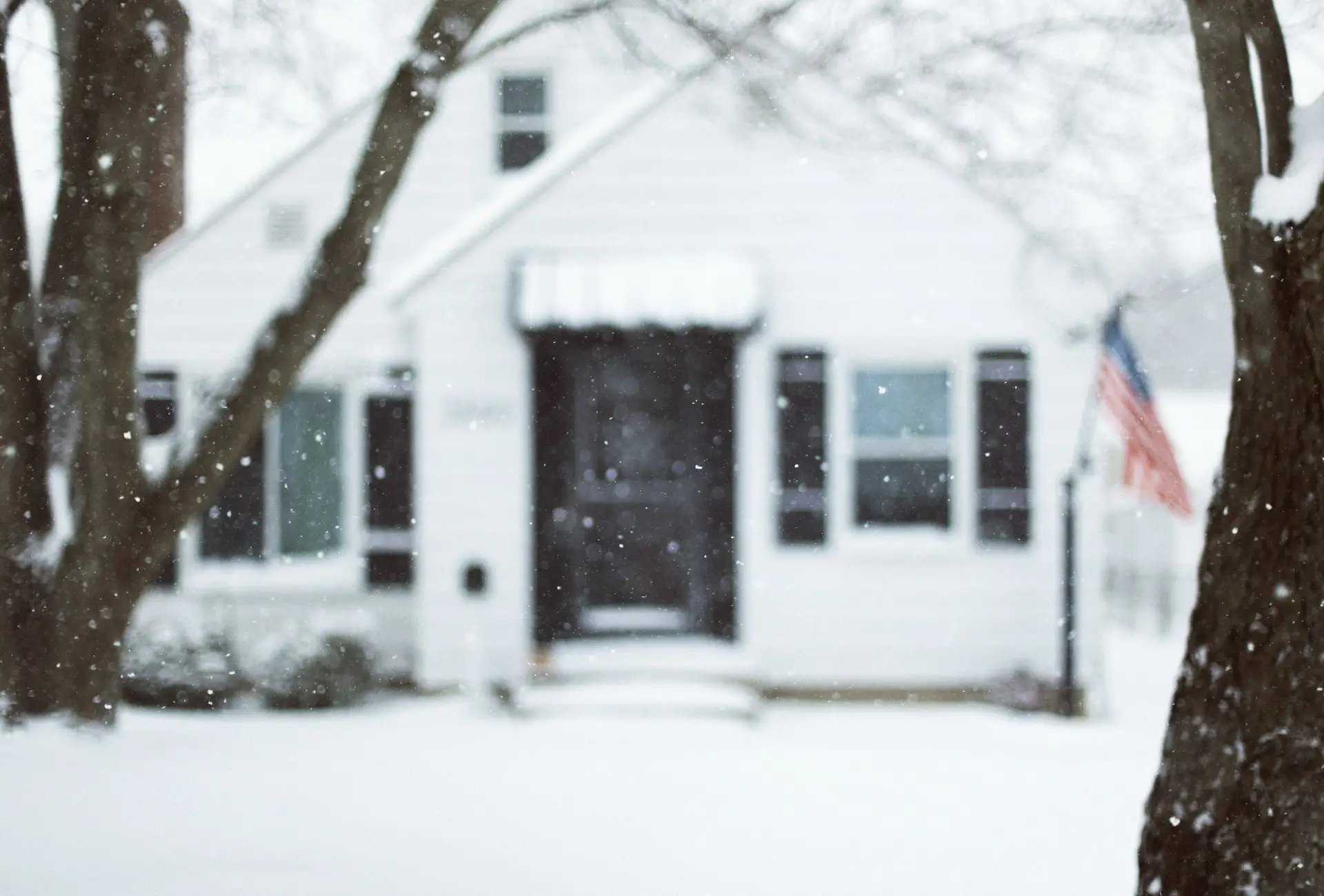
How to Winterize Your Home for Senior Safety & Comfort
Whether you or your loved ones have lived in a wintery location all your lives or will be just getting used to the cold, wet, snowy or icy conditions, the winter season can present a range of unique challenges, especially for seniors.
From slippery sidewalks to frigid temperatures to high illness contagiousness, careful considerations for safety and well-being can require additional attention during these particular months.
Here are proactive steps you can take to winterize your home or, if living separately, your senior’s home, creating a safe, comfortable environment.
Heating
Clean any filters before switching over to heat and replace any aged ones, if applicable. This will not only improve air quality but also reduce the risk of fire. It will also likely reduce energy consumption, saving you money.
For convenience, especially in older homes or apartments, consider hiring a professional to inspect the heating system, ensuring not only quality cleanliness but also proper function and safety.
It’s also important to have a backup source of heat should something happen to your home’s heat or electricity. Space heaters may be an affordable option as they come in varying sizes, wattage and prices.
Plumbing
Make sure all family members and caregivers are aware of how to turn off main water valves in case of weather or plumbing emergencies. Writing instructions and leaving them in a frequently checked place like on the fridge or in a main drawer can be a helpful resource.
Consider having someone insulate any exposed pipes, especially in areas not exposed to heat. This reduces the risk of bursting or freezing pipes.
Insulation
Check the home for any cracks, gaps or drafts coming from doors and windows. Cold air may get in, and warm air may get out, costing you through heating bills and moisture damage. These areas can be sealed with caulk or weatherstripping.
Be sure to also check any basements or attics for consistent temperatures.
Outdoor Safety
Ensure all outdoor paths on the property are well-lit, avoiding the risk of slips and falls by improving the ability to see any wet or icy spots. Motion sensor lights can be a great alternative to lights that would otherwise be left on throughout the night.
To help with traction, keep non-slip aids such as salt or sand on hand for use on driveways and walking paths.
Clear snow before it becomes solid or packed by feet, or consider keeping a snow removal service on retainer or on-call for the season.
Emergency & Storm Preparedness Kits
Keep an emergency kit that contains essentials such as first aid items, batteries, flashlights, water and non-perishable foods. Also, write down, or make family members aware of, a proper plan in case of power outages, extreme weather or other emergencies.
Don’t forget to consider any pets in these scenarios.
Once Complete, Arrange Professional Care as Needed
Should you decide your loved one could use extra or on-call support during winter months, contact Just Like Family.
Our team offers a range of services including specialized care, companionship, household support, disability support, and even overnight care.
Contact your local Just Like Family Home Care office. You can also call us at 778-244-7742 (Lower Mainland) or 250-888-8211 (Island Locations)

